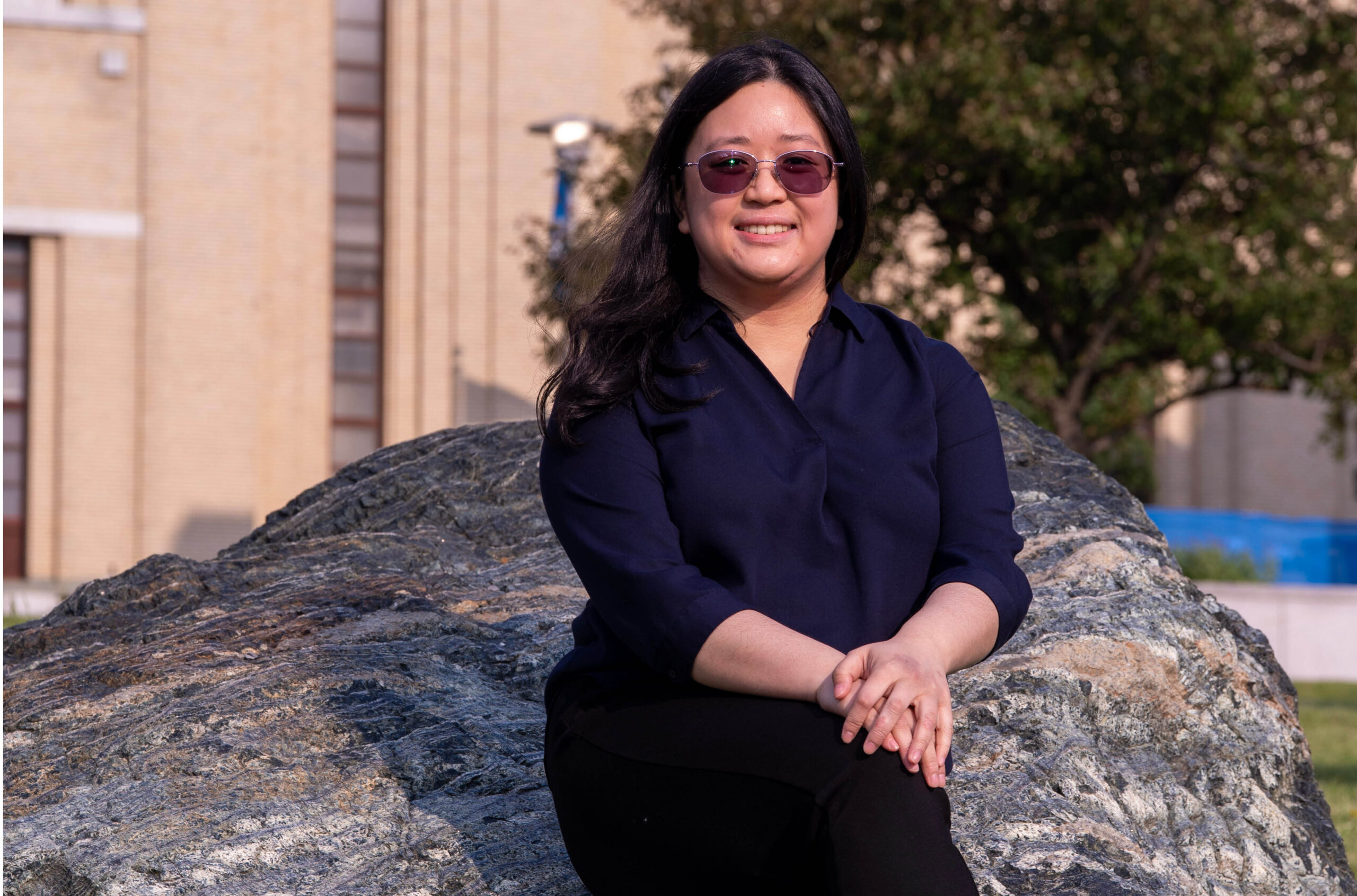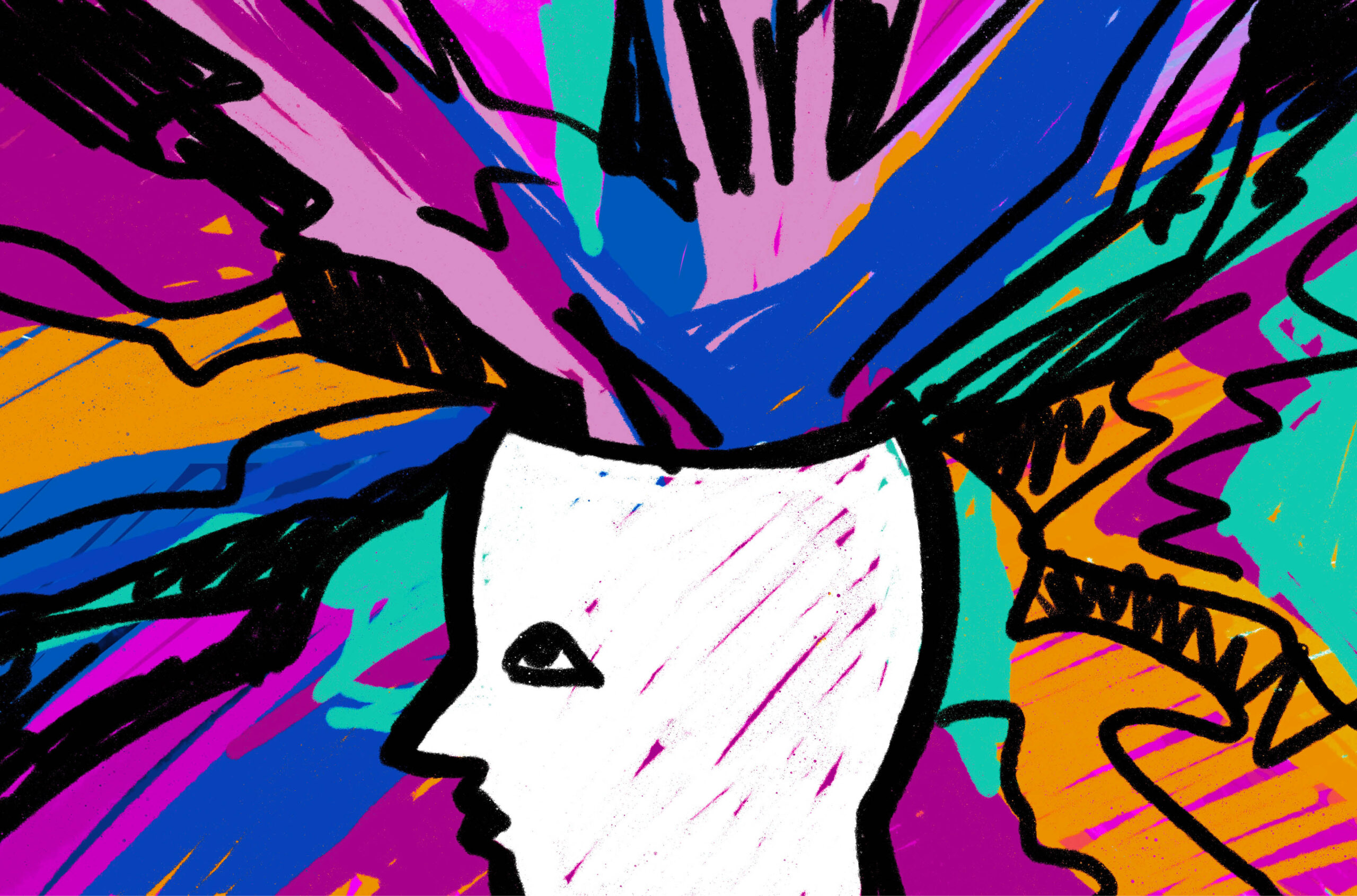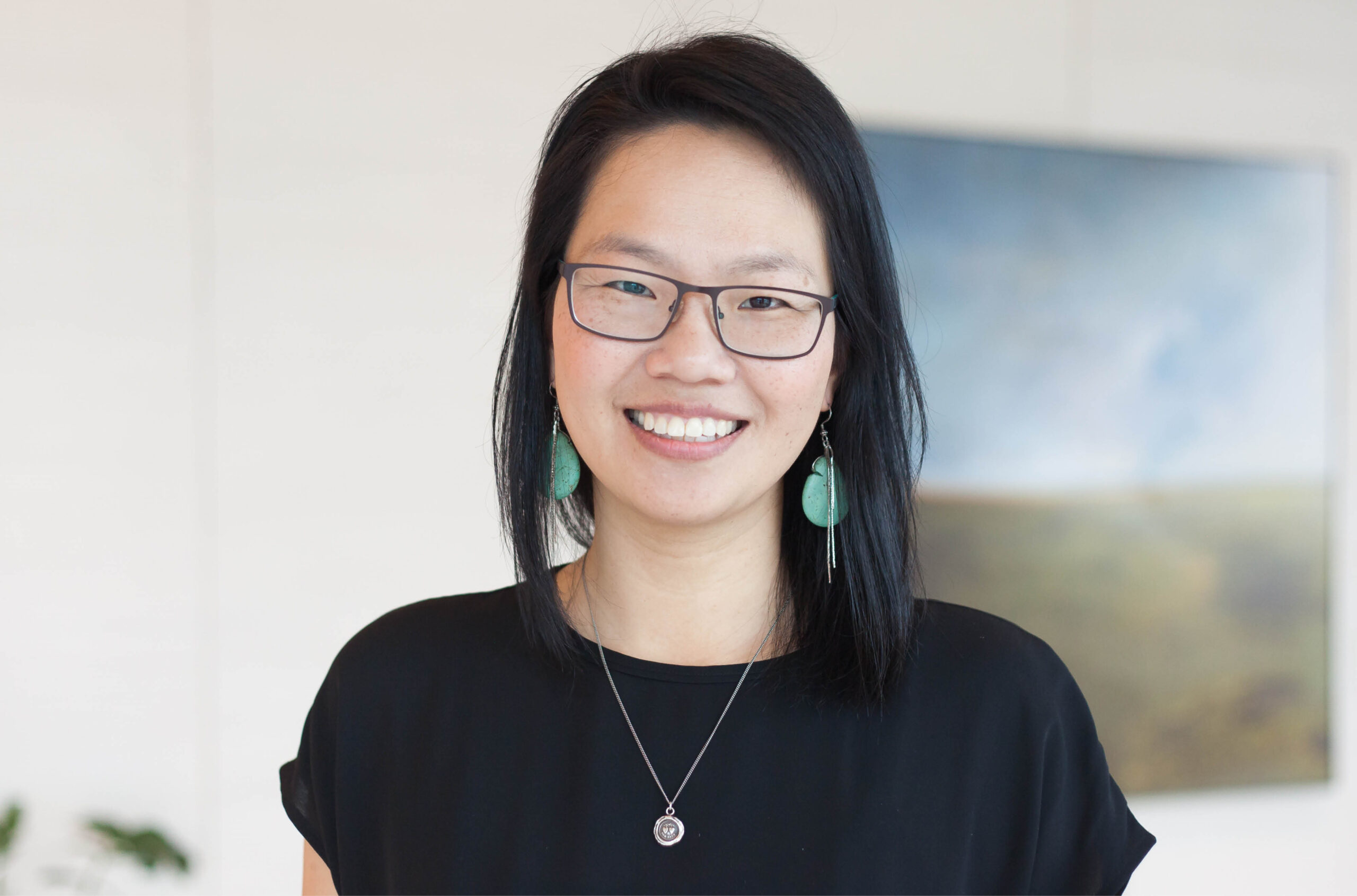ADHD in grad school: why diagnosis matters
The stories of three graduate students with ADHD and their experience of becoming diagnosed as adults.

Attention-Deficit/Hyperactive Disorder (ADHD) has made its way into common vernacular in recent years. Characterized by pervasive and impairing symptoms of inattention, hyperactivity, and/or impulsivity, it reflects a brain that finds regulating attention especially challenging. As a heterogeneous neurodevelopmental disorder, ADHD can be manifested in a wide range of ways (i.e., inattention, hyperactive-impulsive, or combined). While often diagnosed in childhood or adolescence, ADHD in the adult population is frequently overlooked. Specifically, women with ADHD often present with prominent inattentive or combined symptoms of ADHD, which are less disruptive and not immediately apparent.
In this column, to shed some light on the often private and hidden experiences of students living with ADHD, I spoke with three graduate students with ADHD to get a glimpse of the challenges they face, as well as their process of achieving academic success and personal well-being.
About the interviewees
Yasmin Thomas is an associate psychotherapist (RP Qualifying) in Toronto and obtained her MEd in counselling psychology in 2024 from the University of Ottawa.
Zahra Nanji is a second-year graduate student in natural resource management at the University of Manitoba and works as a wildlife research assistant with the Government of Manitoba.
Emily Chatten is a psychotherapist (RP Qualifying). She graduated from Athabasca University with a master’s of counselling in 2022.
How it started
After completing her undergraduate degree, Zahra felt like she had hit a wall. She wanted to attend graduate school and gain work experience to clarify her interests but couldn’t seem to take the next step. “I set up the perfect conditions to apply for jobs. Then, I would sit there [and] just really feel unable to do it,” she recalled. “I just thought that I was lazy and insufficient.” A sense of futility developed, where Zahra began to question “why am I even trying?”
As a child, Emily never struggled with school or displayed overt behavioural signs of ADHD. However, after attending therapy for depression and anxiety, her therapist suggested that she should be tested for ADHD. The diagnostic results indicated a mild, combined presentation of ADHD. This helped Emily to contextualize her struggles in graduate school, including reading and organization. “I realize that a lot of the challenges I had made sense”, she noted, “… no one thought I had it until I was diagnosed.”
In high school, Yasmin experienced difficulties initiating and completing schoolwork and frequently felt paralyzed before starting an assignment. Over the years, a critical inner voice developed: “Why can’t I do this like everyone else?” Despite this, she completed the first semester of her graduate studies without a diagnosis nor medication, but it was not without its share of struggles. Yasmin recalls once taking eight hours to finish a two-hour assignment and often compromising her health to meet deadlines.
The value of diagnosis
People with undiagnosed ADHD may experience significant and persistent impairments, but their symptoms may be silent and unnoticeable to others. ADHD can remain hidden as those with inattentive and combined symptoms are less likely to be disruptive, nor always on the go, full of energy, speaking out of turn, or making impulsive decisions. Without an accurate diagnosis, symptoms can go untreated and misunderstood. People with undiagnosed ADHD often turn their frustrations inward, attributing their symptoms to personal flaws or lack of effort. Without proper support and healthy coping strategies, they often compromise their health to meet deadlines, depend on adrenaline and stress for motivation, and self- medicate through alcohol, cannabis and other substances.
For many, an ADHD diagnosis validates their unique struggles and offers relief. Through social media and therapy, Zahra understood that her symptoms may not reflect her character or potential. She obtained her diagnosis in the summer of 2020 and described it as “quite literally life-changing”, “eye-opening” and “emotional.”
“I don’t know why I let myself suffer for so long,” she said, “But …you don’t realize how bad it is until you’re out of it.” She began medication in the fall of 2020 and is now in her second year of graduate studies at the University of Manitoba. “I felt like I was walking through life with no legs, and I finally got a pair … it was really drastic and impactful.”
Managing symptoms
For Emily, understanding how ADHD affected her allowed her to implement healthy strategies to effectively manage her symptoms. Instead of forcing herself to complete tasks and “white-knuckling” through her symptoms, she employed strategies such as breaks, walks, or exercise and returned to the task when she was more capable. Managing her symptoms also allowed Emily to see ADHD from a strength-based perspective. In her role as a therapist, having ADHD allowed her to be more innovative in treatment planning and more active in play-based and movement-oriented therapies with children.
Resources and next steps
Consider consulting your university’s health services for an evaluation if you suspect having ADHD. Yasmin first visited a family doctor for diagnosis but says she was surprised at their inexperience with ADHD diagnosis for adults. In contrast, her experience at the campus health services was smooth and supportive; they were familiar with adult ADHD and its various presentations. She was referred to a specialized centre where she obtained a free diagnosis from the Adult ADHD Centre, which qualified her for medication and academic accommodations. “Getting a diagnosis allowed me to have some grace towards myself,” Yasmin noted. “I gain a sense of self-efficacy and saw that I could keep a routine and accomplish my goals.”
Featured Jobs
- Soil Physics - Assistant ProfessorUniversity of Saskatchewan
- Canada Impact+ Research ChairInstitut national de la recherche scientifique (INRS)
- Director of the McGill University Division of Orthopedic Surgery and Director of the Division of Orthopedic Surgery, McGill University Health Centre (MUHC) McGill University
- Anthropology of Infrastructures - Faculty PositionUniversité Laval
- Engineering - Assistant Professor, Teaching-Focused (Surface and Underground Mining)Queen's University















Post a comment
University Affairs moderates all comments according to the following guidelines. If approved, comments generally appear within one business day. We may republish particularly insightful remarks in our print edition or elsewhere.